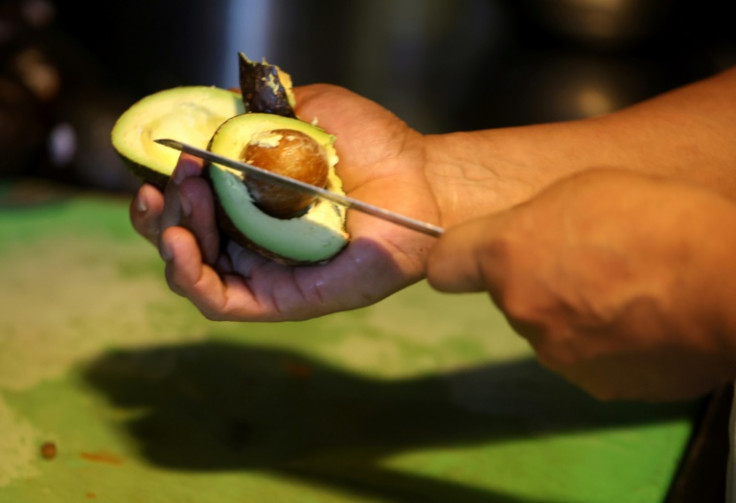
A deep dive by The Guardian on the often environmentally-costly avocado industry shed light on an initiative by residents of Cherán and the way they are standing up against sometimes corrupt officials and cartels to protect its forests from these practices.
Thirteen years ago, the town's residents rose up against corrupt officials and a local cartel, taking decisive action to protect their native forests. Through a series of bold measures, including the expulsion of the police and local government, Cherán implemented a new state apparatus. Political parties were banned and a governing council was elected to oversee the town's affairs.
Central to Cherán's transformation was its commitment to reforestation and environmental protection. The town launched a comprehensive reforestation campaign, replenishing the barren hills with native pine forests. A military force was established to safeguard the trees and the town's water supply, while advanced water filtration and recycling programs were implemented to ensure sustainable resource management.
One of the most striking aspects of Cherán's story is its outlawing of the avocado, a move that challenged the multibillion-dollar avocado trade dominating the region. Citing the Mexican constitution, which guarantees Indigenous communities the right to autonomy, Cherán petitioned the state for independence. In 2014, the courts recognized the municipality, granting Cherán independence and millions of dollars in state funding.
Despite the success of the town's environmental initiatives, the article highlights the ongoing challenges. The avocado industry continues to exert pressure on the region, leading to conflicts and environmental degradation. Nearby towns grapple with the expansion of avocado groves, threatening water supplies and exacerbating environmental concerns.
Another report by The New York times from last year also shed light on a complex web of interests, involving criminal gangs, landowners, corrupt officials, and community leaders, collaborating to clear forests for avocado orchards. Notably, many of these activities involve the illegal seizure of privately owned land. The Times indicates that nearly all deforestation for avocados in the last two decades may have violated Mexican law, which prohibits "land-use change" without government authorization.
Since the U.S. began importing avocados from Mexico less than 40 years ago, consumption has skyrocketed, driven by marketing campaigns promoting the fruit's health benefits and its incorporation into popular dishes like avocado toast and California rolls. People in the U.S. now consume three times as many avocados as they did two decades ago and Mexico accounts for 90 percent of all shipments.
Throughout the Guardian's article, firsthand accounts and insights into Cherán's struggle paint a vivid portrait of a community fighting to preserve its forests and way of life. From the fortified outskirts to the bustling town center, the resilience and determination of its residents shine through, offering a powerful example of grassroots environmental activism in the face of adversity.
As the article concludes, the article reflects on the broader implications of Cherán's story, considering its relevance in the context of global environmental challenges and increasing degradation and corporate influence.
© 2025 Latin Times. All rights reserved. Do not reproduce without permission.




